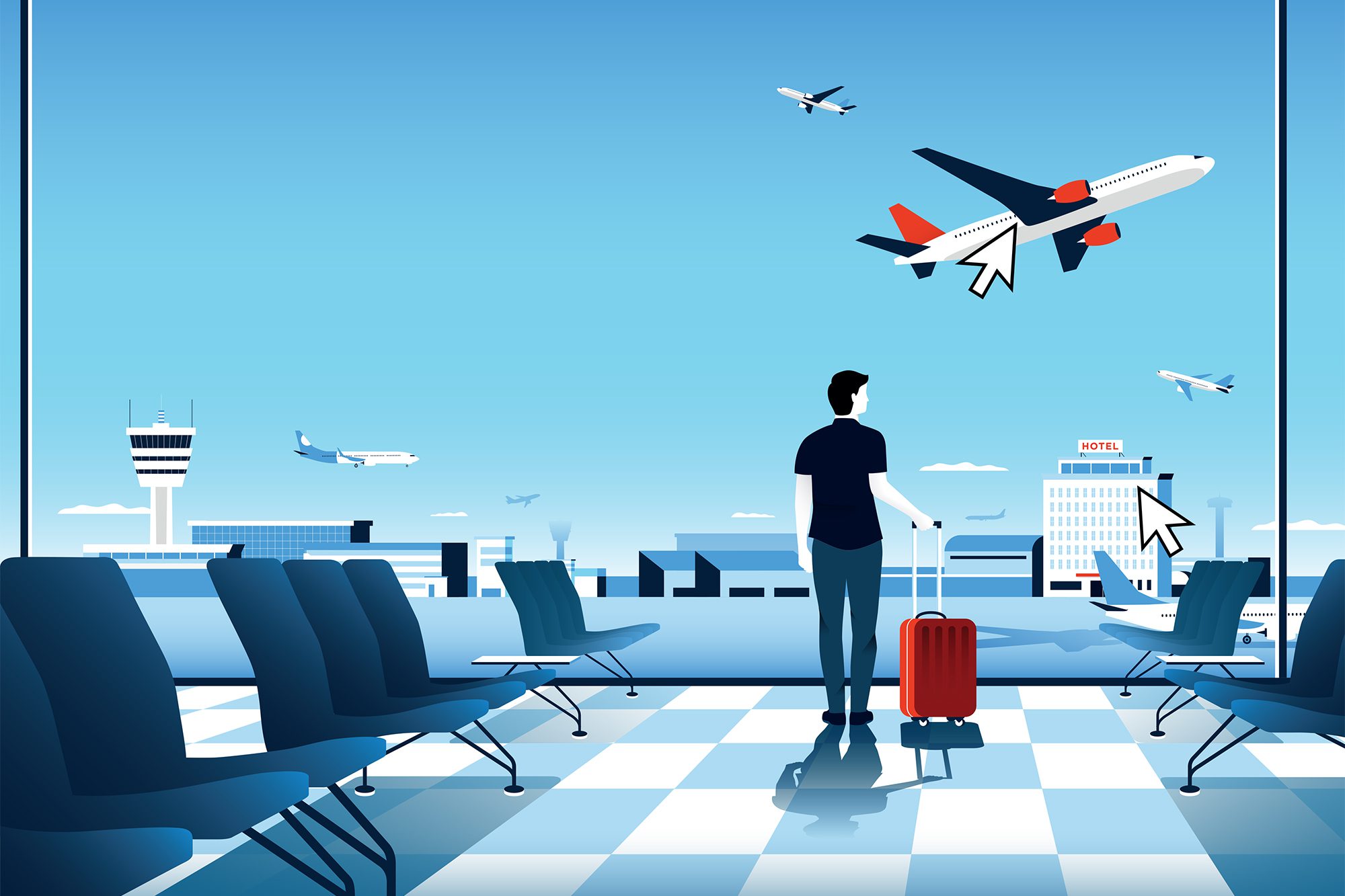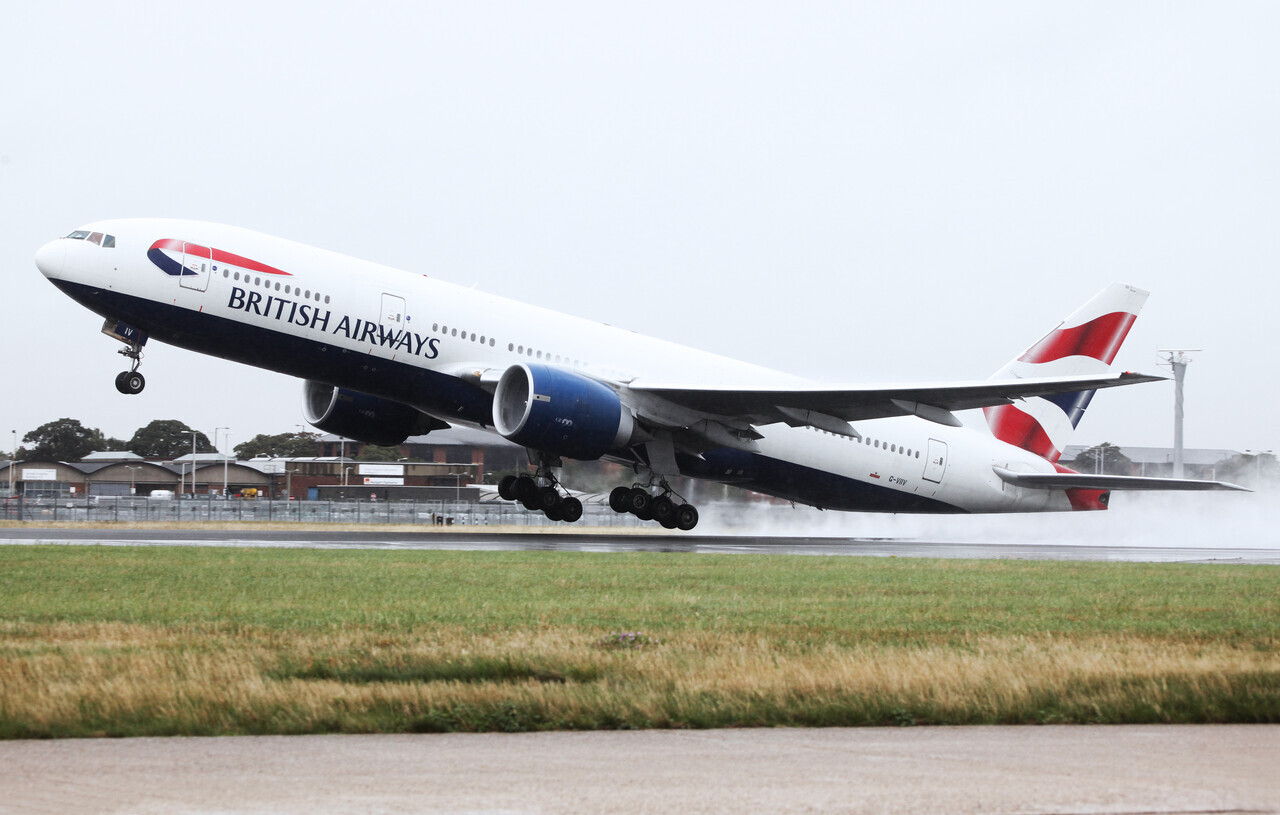Travel Megatrends 2020: Subscription Travel Is the Next Frontier of Loyalty

Skift Take
The travel industry tends to view its products as a must-have for consumers. This mindset has led the sector to lag behind the entertainment and e-commerce world when it comes to building lasting relationships with digital-first consumers.
Travel competes, both as a consumer good and an entertainment product, with services like Netflix, Amazon Prime, and Facebook. Travel, hospitality, and experiences represent the antidote to the digital malaise felt in a world where consumers are beset by online shopping and entertainment options.
There is a solution to travel’s challenge of achieving daily, direct engagement on digital platforms that leads to real-life purchases, though. Subscription and membership models will come to travel over the next decade, just not how you might think. A points program isn’t enough to create loyalty; travel is evolving to embrace a membership model that touches various aspects of the traveler’s life beyond the trip.
Points Beyond
Travel companies excel at getting someone from one city to another, giving them a place to sleep, and showing them things to do. Most consumers, though, only travel a handful of days out of their year. Can travel companies become better at building products that customers need more than twice a year?
Smart brands are looking beyond offering points in exchange for a purchase as a model for building loyalty. Consistent engagement is the new loyalty, along with frictionless are now more price-sensitive than brand loyal is the relative parity between competitors in highly consolidated sectors.
Brands both big and small are experimenting with an early stage of subscription products. Delta Air Lines is now offering boarding perks for a flat fee each year, for instance, and car rental giants have experimented with a variety of subscriptions too.
Get Your Skift Travel Megatrends 2020 Download Here
Imagine what a travel subscription product could look like if it truly put the customer first, connecting the dots between the disparate travel products in any given destination.
While a company like Inspirato, which offers a few luxury hotel stays a month for a huge monthly fee, may be a successful business, it isn’t something the average consumer needs. U.S. airlines have also phased out unlimited passes over the years, much to the chagrin of the smart people who bought in early and enjoyed unlimited travel around the world.
It’s unlikely a subscription product for travel will revolve around a monthly fee granting access to unlimited hotels, flights, or experiences. The industry is too fragmented, and consumers travel too infrequently to build loyalty.
Ponder the business potential if travel companies were to leverage the myriad of services and products they offer outside the traditional trip and build partnerships with local providers on services and products they don’t offer. A monthly subscription or membership fee would be far outweighed by the value and convenience enjoyed by members.
Consumers want access to all manner of things: hotel services from a variety of brands, restaurant reservations, local experiences, timely deliveries, reliable ground transportation, and compelling digital content — wherever they are or whatever they want to do.
Capturing their bookings when it’s time to travel should be just one component of the overall offering. Why can’t travel companies shift to accommodate these consumer needs? The inevitable so-called Amazon of Travel will be a service and discovery platform rather than a single company offering compelling products across each silo of the fragmented global travel market.
Lifestyle as a Service
The ongoing debate between access and ownership for consumers of travel hasn’t been discussed much. Since the components of a trip are perishable, travel companies are often incentivized to either discount in order to fill seats and rooms or strip out elements of a purchase and sell them back to consumers at a premium. Emphasis is put on revenue management above improving the traveler experience or packaging elements of travel together in a consistent manner.
Nobody recommends a brand to their friends for being the most savvy at ripping them off, though. Points and status, too, have lost their luster and don’t offer solid value back to the average customer.
Travel companies, excluding TripAdvisor, perhaps, have yet to crack the code of building a direct relationship with customers over digital platforms on a daily basis. TripAdvisor’s power stems from its user-generated restaurant reviews, which lead consumers to its travel products.
Travel companies have a major differentiator from online services and direct-to-consumer brands: They are physically present in thousands of cities, ranging from the world’s travel hubs to small towns in rural areas.
The travel industry’s existential challenge over the next decade is to find a way to bridge the divide between physical products or experiences and the digital-first environment in which global consumers spend their time.
As consumers shop on mobile devices, they are also consuming content from a variety of sources like Netflix, Instagram, Amazon, and countless others. The ingrained notion that the travel inspiration and purchasing phases of the customer journey are somehow sealed off from the other things consumers consume is laughable.
Consumers who buy into subscription services are committed beyond just a one-time purchase, enjoying access to products however it fits into their lifestyle. This freedom engenders loyalty, even if customers aren’t always rewarded for individual purchases or consumption patterns.
Direct-to-consumer brands have been particularly successful at navigating this phenomenon. Branding, user experience, and the products themselves represent an aspirational experience and lifestyle consumers are attracted to.
Travel doesn’t even come close to the utility and convenience of these products when viewed through this lens. New platforms, and new products, are hooking the consumer of the future today.





